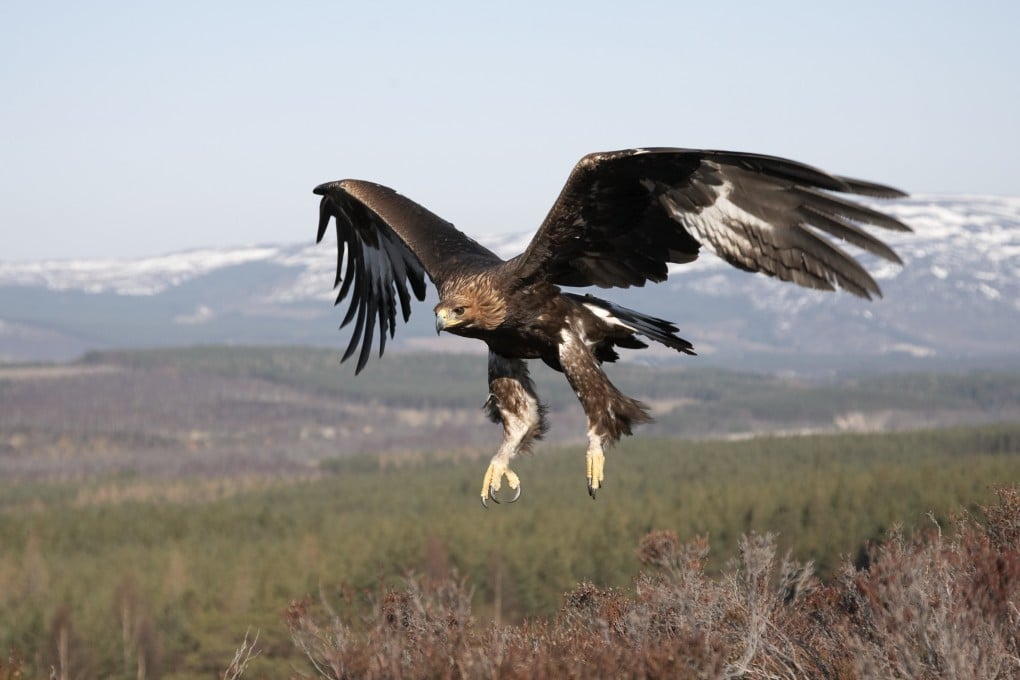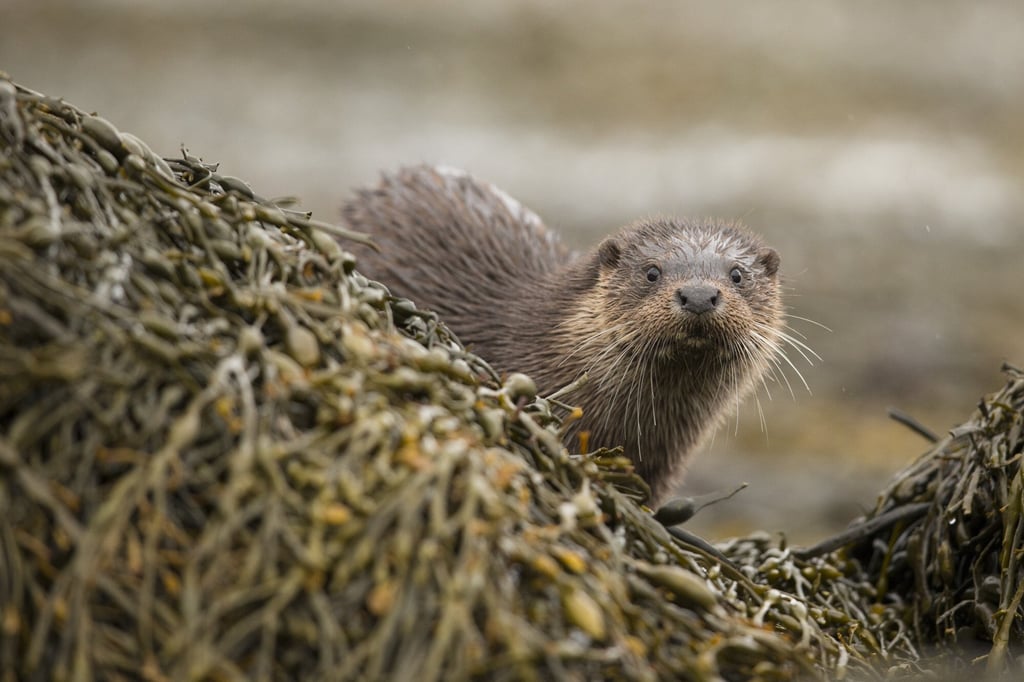A Scottish Highlands retreat where rewilding is restoring the natural balance and creating forest habitats for wolves, beavers and other species
- The Alladale Wilderness Reserve is part of the Scottish Rewilding Alliance that is restoring endemic animals and plants
- Almost a million trees have been planted with a view to bringing back wolves and beavers. For now, enjoy sustainably produced food and the Laura Ashley rooms

Paul Lister, the British philanthropist who owns the Alladale Wilderness Reserve in the Scottish Highlands, has come out to welcome us as we arrive at the main lodge, our tyres crunching the gravel outside the grey Victorian manor house.
“I’ve just spotted a sea eagle,” he cries with a huge grin. “It’s the first time I’ve seen one here.”
No wonder he is excited. Once hunted to extinction in Britain, sea eagles have started reappearing in Scotland and now there are an estimated 150 breeding pairs. Their comeback is, in part, thanks to rewilding projects by people like Lister; Alladale is one of the 22 members that make up the Scottish Rewilding Alliance.
The term “rewilding” describes conservation efforts aimed at restoring and protecting natural processes and wilderness areas. The goal is to revive lost interactions between animals and plants, thus regenerating ecosystems, which should have beneficial consequences not just for the species that are recovering but also for the wider living world, including us humans.

Using money inherited from his philanthropic father, Noel – the multimillionaire founder of furniture retailer MFI – Lister set up a nature conservation trust to protect and restore wild parts of Europe. The trust funds rewilding in Portugal, Italy, Spain and Romania, as well as Alladale, which Lister considers his home and one of Britain’s great rewilding projects.